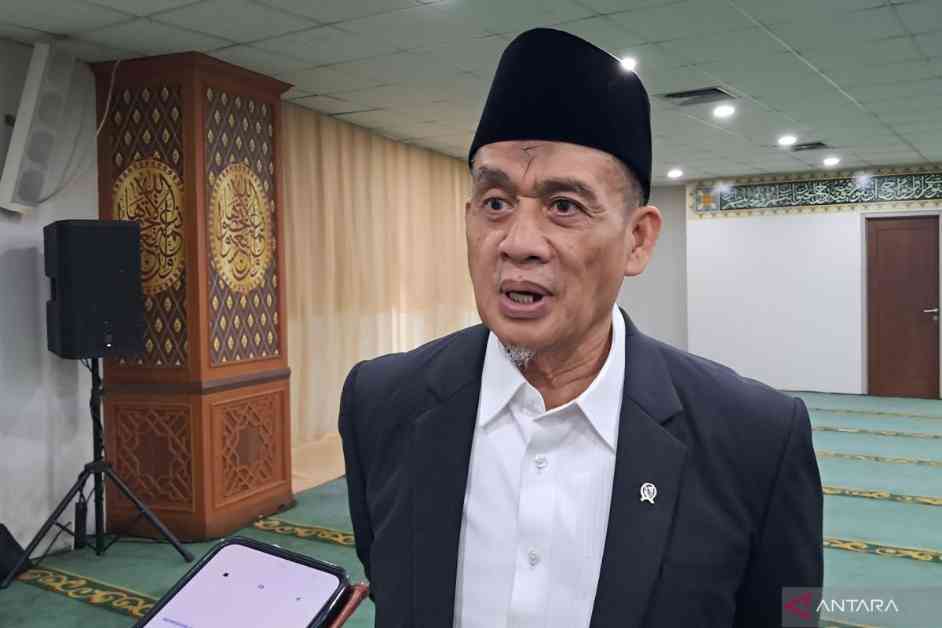Providing Free Meals: Ministry’s Effort with 1,500 Kitchens at Pesantren
Jakarta – The Ministry of Religious Affairs has taken a significant step towards supporting the government’s Free Nutritious Meals program by involving approximately 1,500 kitchens at pesantren (Islamic boarding schools). This initiative aims to provide essential nourishment to various segments of the population, ranging from students in early childhood education schools to pregnant women and breastfeeding mothers.
Deputy Minister of Religious Affairs, Muhammad Syafi’i, emphasized the ministry’s commitment to this program during a recent statement in Jakarta. “We readied 1,500 kitchens, and each kitchen can provide food for three thousand people,” he revealed. This strategic partnership with pesantren serves as a crucial distribution network for these free meals, ensuring that the program reaches those in need.
**Supporting Communities with Nutritious Meals**
Syafi’i further elaborated on the distribution process, highlighting that even if a pesantren has one thousand students, its kitchen can produce three thousand portions of food. This surplus of two thousand food portions will benefit eligible recipients within a three-kilometer radius of the pesantren, extending the program’s reach to a wider community.
**Educational and Social Impact**
The Ministry of Religious Affairs, through the Directorate General of Islamic Education, issued guidelines that underscore the importance of free meals in enhancing the quality of education in Indonesia. By instilling character values related to eating etiquette, tolerance, and responsibility, the program goes beyond physical nourishment to foster holistic development among students.
**National Commitment to Health and Education**
The Free Nutritious Meals program, officially launched at the beginning of the year, forms part of President Prabowo Subianto and Vice President Gibran Rakabuming Raka’s overarching agenda for their 2024–2029 term. With a substantial budget allocation of Rp71 trillion (approximately US$4.4 billion), the government has demonstrated its unwavering commitment to improving the well-being and educational outcomes of its citizens.
In conclusion, the Ministry of Religious Affairs’ collaboration with pesantren in providing free meals reflects a multifaceted approach to addressing societal needs and fostering community welfare. This program not only addresses immediate food security concerns but also contributes to the broader goals of enhancing education, promoting healthy lifestyles, and nurturing values essential for a thriving society.
By prioritizing the nutritional needs of vulnerable groups and leveraging the educational setting of pesantren, the government underscores its dedication to holistic development and social welfare. This collaborative effort stands as a testament to the transformative power of community partnerships in creating a more inclusive and prosperous society for all.






















